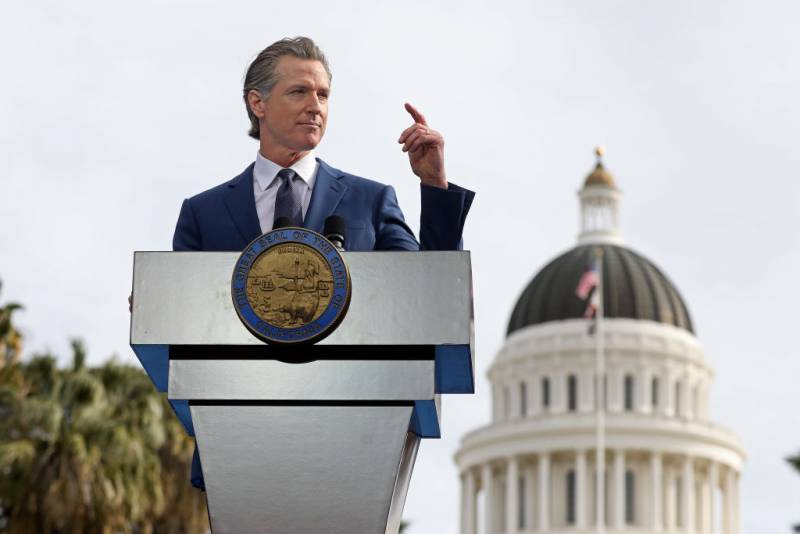The pact also scraps Newsom’s proposed $2 billion cut to the state’s Transit and Intercity Rail Capital Program. Those funds are typically used for long-term system improvements and infrastructure projects.
The TIRCP deal restores $400 million to Bay Area projects, including the VTA-BART extension through downtown San José. The agreement allows transit operators to use their TIRCP funds for operating expenses under certain circumstances. But spending those capital dollars to keep systems running would carry a high cost in the loss of matching federal funds.
“We pulled a rabbit out of the hat by getting the transit money back,” said Assemblymember Phil Ting (D-San Francisco), chair of the Budget Committee. “We should hopefully help the transit operators from not falling over the ‘fiscal cliff.’ So that was a major win.”
State Sen. Scott Wiener (D-San Francisco) led the campaign to secure those transit survival funds, which he called “a critical lifeline that will help transit agencies maintain service while making critical improvements to cleanliness and safety.”
Those improvements are spelled out in an accompanying trailer bill listing “accountability” requirements for the Bay Area’s Metropolitan Transportation Commission and for transit operators who want a share of the state funding. The transit agencies must also detail plans to improve public safety and system cleanliness and simplify fare structures and payment systems.
Bay Area bus, rail and ferry operators still face a five-year deficit of $2.5 billion, according to MTC estimates, so the budget agreement is far from the last word the region will hear on transit funding.
On Monday, Wiener introduced SB 532, a bill that would tack on $1.50 to tolls on the region’s seven state-owned bridges and earmark the proceeds for transit operations. Under the proposal, which requires a two-thirds vote in the Legislature to pass, the toll increase would take effect next Jan. 1, and continue through the end of 2028.
Wiener said that the toll hike, along with the emergency state cash and other funding the MTC has identified, would still leave the region about $900 million short of closing its five-year transit deficit. That means a broad range of public transportation advocates will likely join in a push for a 2026 ballot measure aimed at providing stable long-term funding.
For a more detailed breakdown of the budget proposals — including how it will affect childcare subsidies, education spending, and programs for homebuyers: What You Need to Know in the California Budget Deal
This article includes reporting from Adam Beam of The Associated Press.
